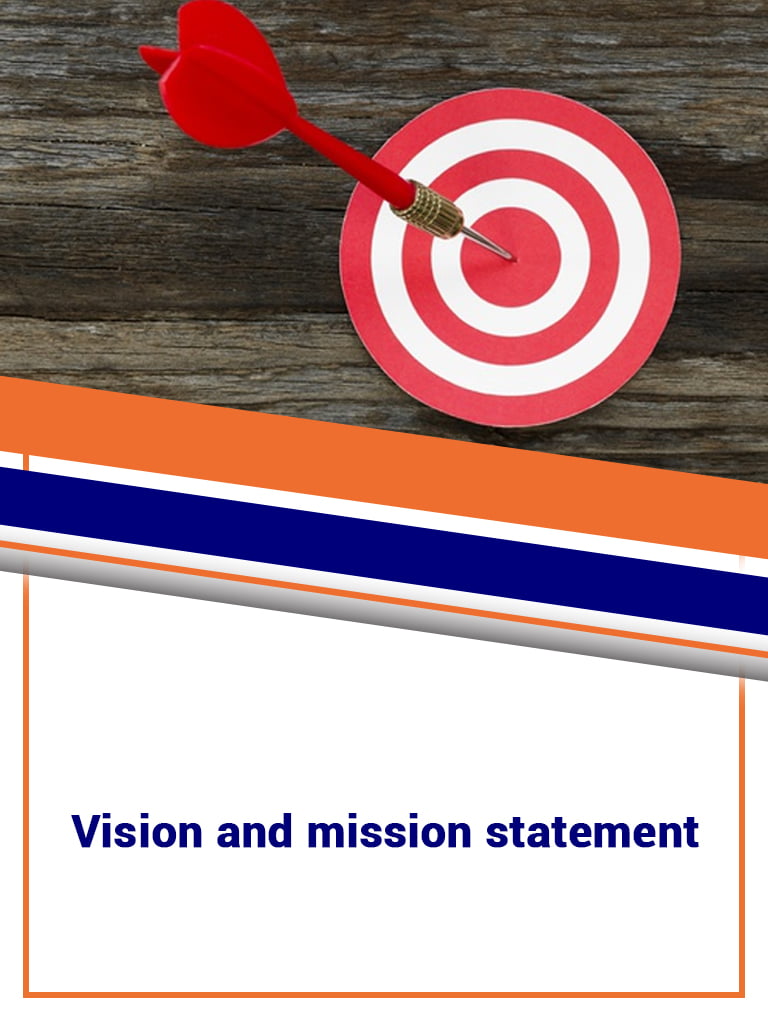The vision of the department sets the goal and the mission implements the process of achieving the vision. Vision, Mission statements of the department are defined by considering Vision, Mission statements of Institute, and by taking the suggestions from stakeholders.
The Program Educational Objectives (PEOs) are in line with Vision, Mission of the Institution & the department and Program Outcomes (POs). PEOs define the abilities of the graduates to excel in their professional career.
The EEE department Vision, Mission, PEOs, POs and PSOs are as follows :
VISION
MISSION
2. To conduct interdisciplinary research in sustainable technologies through collaborations with industry and centers of excellence.
3. To cultivate teamwork and leadership qualities, empowering students to excel as successful professionals or entrepreneurs.
PROGRAM EDUCATIONAL OBJECTIVES (PEO’S)
1. Design and develop sustainable solutions to real-world problems through research and innovation, either as a professional or an entrepreneur.
2. Adapt to technological advancements through lifelong learning to achieve organizational goals.
3. Demonstrate leadership qualities and social responsibility to effectively lead and manage diverse teams and projects.
PROGRAM OUTCOMES (PO’S)
- PO1: Engineering Knowledge: Apply knowledge of mathematics, natural science, computing, engineering fundamentals and an engineering specialization as specified in WK1 to WK4 respectively to develop to the solution of complex engineering problems.
- PO2: Problem Analysis: Identify, formulate, review research literature and analyze complex engineering problems reaching substantiated conclusions with consideration for sustainable development. (WK1 to WK4)
- PO3: Design/Development of Solutions: Design creative solutions for complex engineering problems and design/develop systems/components/processes to meet identified needs with consideration for the public health and safety, whole-life cost, net zero carbon, culture, society and environment as required. (WK5)
- PO4: Conduct Investigations of Complex Problems: Conduct investigations of complex engineering problems using research-based knowledge including design of experiments, modelling, analysis & interpretation of data to provide valid conclusions. (WK8).
- PO5: Engineering Tool Usage: Create, select and apply appropriate techniques, resources and modern engineering & IT tools, including prediction and modelling recognizing their limitations to solve complex engineering problems. (WK2 and WK6)
- PO6: The Engineer and The World: Analyze and evaluate societal and environmental aspects while solving complex engineering problems for its impact on sustainability with reference to economy, health, safety, legal framework, culture and environment. (WK1, WK5, and WK7).
- PO7: Ethics: Apply ethical principles and commit to professional ethics, human values, diversity and inclusion; adhere to national & international laws. (WK9)
- PO8: Individual and Collaborative Team work: Function effectively as an individual, and as a member or leader in diverse/multi-disciplinary teams.
- PO9: Communication: Communicate effectively and inclusively within the engineering community and society at large, such as being able to comprehend and write effective reports and design documentation, make effective presentations considering cultural, language, and learning differences.
- PO10: Project Management and Finance: Apply knowledge and understanding of engineering management principles and economic decision-making and apply these to one’s own work, as a member and leader in a team, and to manage projects and in multidisciplinary environments.
- PO11: Life-Long Learning: Recognize the need for, and have the preparation and ability for i) independent and life-long learning ii) adaptability to new and emerging technologies and iii) critical thinking in the broadest context of technological change. (WK8)
PROGRAM SPECIFIC OUTCOMES (PSO'S)
1. Design and implement innovative technologies in Power Systems, Electric Vehicles, and Green Energy Sources.
2. Design and develop electronic and AI-based controllers for electrical system.



